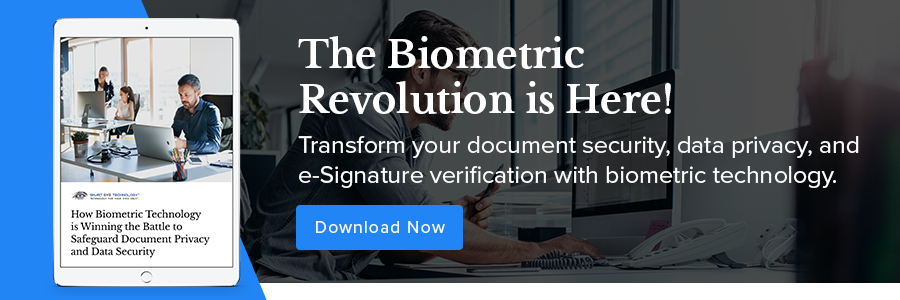It’s not just entertainers and artists who have to worry about protecting their intellectual property. Entrepreneurs and business owners should be concerned as well. Intellectual property rights encourage innovation and creativity in businesses. And there are many people who have intellectual property they want to protect. In 2017, for example, the U.S. Patent and Trademark Office received 440,768 new trademark applications.
Intellectual property can be many things; almost all intellectual property can fall into the categories of patents, trademarks, trade secrets, and copyrights. When IP is stolen, leaked, or plagiarized through cybercrime, it can have a great impact on your livelihood, your business, or even your identity. The estimated financial impacts of the theft of IP averaged and $13.5 million and $109 million.
Unfortunately, businesses and employers need to worry about contractors and employees who have access to confidential information. FBI reports revealed insiders are actually a big target in opponent efforts to gain sensitive information and they are also a leading source of such leaks. When investigated, it was revealed that these insiders rarely steal IP in order to sell it. Rather, they typically steal it to start competing businesses, to take it with them to new jobs, or to bring it to another organization or government.
There are many ways you can go about protecting your IP:
- Confirm that only the right people have access to your IP.
- Make sure that information security plans include policies and procedures on the proper protection of IP.
- Require additional authentication to access any sensitive documents.
- Vet the security practices of any partners or vendors who may have access to IP.
- Have employees make IP agreements and acknowledge them regularly.
- Use monitoring software to oversee activities with IP data, including email transfers and file transfers.
While there are a lot of things you can do to protect IP, Smart Eye Technology® guarantees the protection of IP. It does this by using biometrics (like iris recognition, facial recognition, fingerprint authentication, and voice recognition) to allow access to sensitive data. It then uses continuous authentication to ensure that only the person who is supposed to be viewing the sensitive information can view it. You can even dictate where someone must be to access your files.
With Smart Eye Technology, finally you will be able to rest assured that your intellectual property is safe and will not be accessed by anyone you do not approve of. To learn more about how it works, please read our continuous authentication page.
